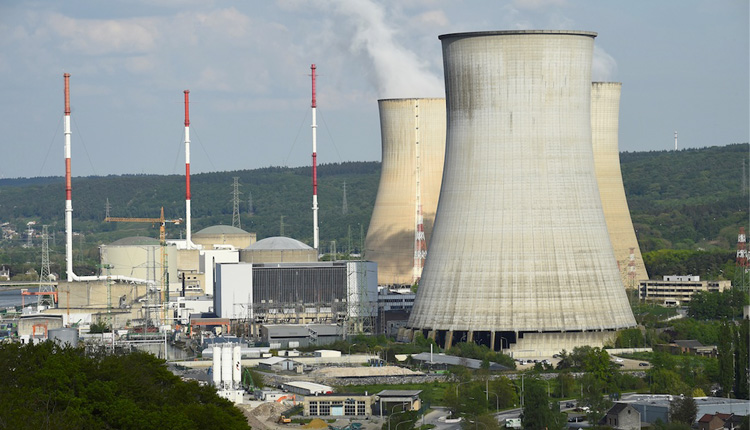Iran said on Sunday it would continue missile tests to build up its defences and denied this was in breach of U.N. resolutions following U.S. allegations that Tehran had tested a new missile capable of carrying multiple warheads.
U.S. Secretary of State Mike Pompeo on Saturday condemned what he called Iran’s testing of a medium-range ballistic missile in violation of the 2015 international agreement on the Iranian nuclear programme, from which Washington has withdrawn.
“Missile tests … are carried out for defence and the country’s deterrence, and we will continue this,” Brigadier- General Abolfazl Shekarchi, spokesman for Iran’s armed forces, was quoted as saying by the semi-official Tasnim news agency.
“We will continue to both develop and test missiles. This is outside the framework of (nuclear) negotiations and part of our national security, for which we will not ask any country’s permission,” Shekarchi said.
He did not confirm or deny Iran had tested a new missile.
Earlier, U.S. National Security Adviser John Bolton tweeted: “Iran just test-fired a … ballistic missile capable of reaching Israel and Europe. This provocative behaviour cannot be tolerated.”
Iranian Foreign Ministry spokesman Bahram Qasemi also said Iranian missiles were purely defensive and added: “There is no Security Council resolution prohibiting missile programme and missile tests by Iran.”
U.N. Security Council resolution 2231 enshrined Iran’s 2015 nuclear deal with Britain, China, France, Germany, Russia and the United States in which Tehran curbed its disputed uranium enrichment programme in exchange for an end to international sanctions.
The resolution says Iran is “called upon” to refrain for up to eight years from work on ballistic missiles designed to deliver nuclear weapons.
“SURREALISM IN FOREIGN AFFAIRS”
Iran has repeatedly said its missile programme is purely defensive and denied that its missiles are capable of being tipped with nuclear warheads, or that it has any intent of developing nuclear weapons through uranium enrichment.
In May, President Donald Trump pulled Washington out of the nuclear deal, approved before he took office, and reimposed sanctions on Tehran. Trump said the deal was flawed as it did not include curbs on Iran’s development of ballistic missiles or its support for armed proxies in Syria, Yemen, Lebanon and Iraq.
“Surrealism is now the US’ modus operandi in its foreign affairs,” Iranian Foreign Minister Mohammad Javad Zarif tweeted.
“While (the United States) itself violates (U.N. Security Council resolution) 2231 — and even threatens to punish those who don’t wish to violate it in abiding with illegal US sanctions — it now falsely accuses Iran of violating the very SAME resolution,” Zarif added.
Separately, Zarif accused Washington of arming militant groups that fight against the Tehran-backed Syrian government and the Iranian-aligned Houthi movement in Yemen.
“US (is) proliferating advanced weapons to extremists incl Al Qaeda & ISIS (Islamic State),” Zarif tweeted, referring to a British newspaper report that said many arms supplied by Britain and the United States had ended up in the hands of militias fighting in the Yemen war.
British Foreign Secretary Jeremy Hunt tweeted that he was deeply concerned by “Iran’s test-firing of a medium range ballistic missile. Provocative, threatening and inconsistent with UNSCR 2231”.
“Our support for (the Iran nuclear accord) in no way lessens our concern at Iran’s destabilising missile programme and determination that it should cease,” Hunt added.
source: Reuters


